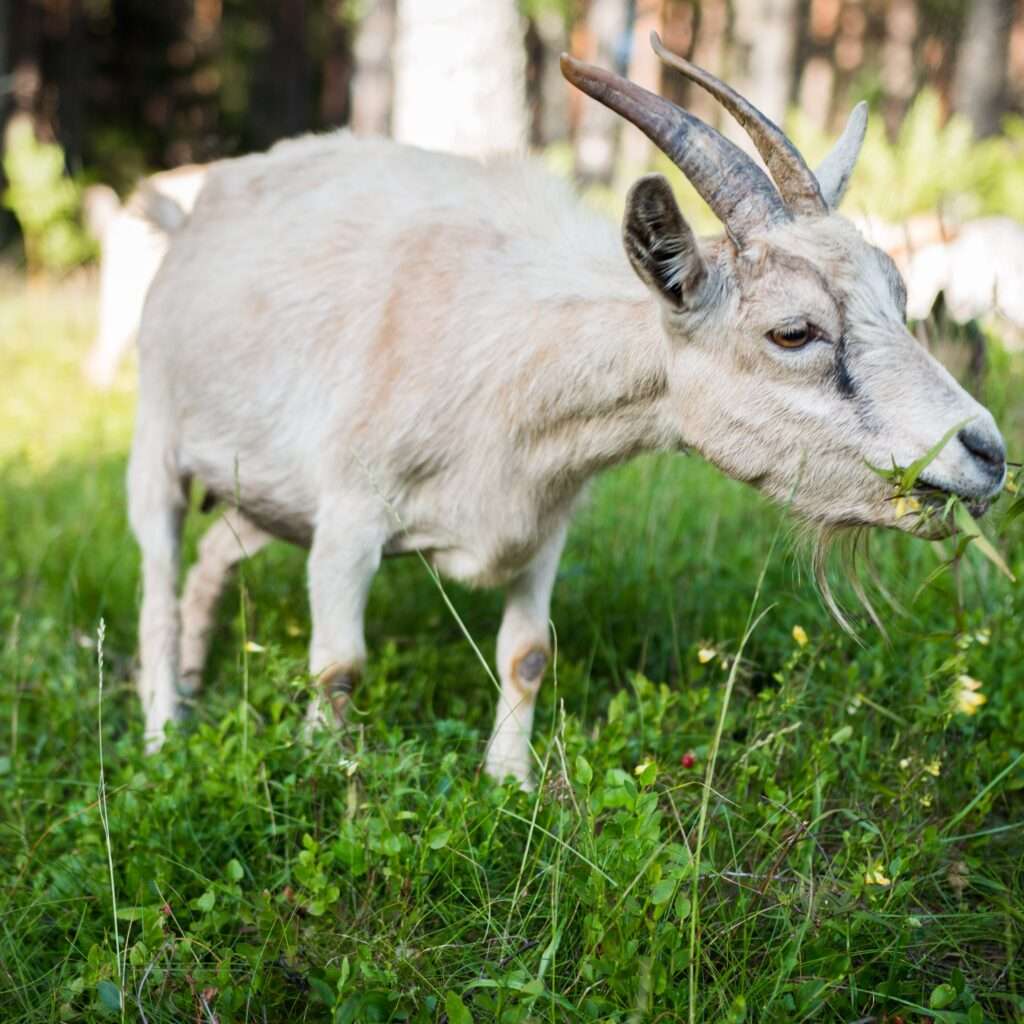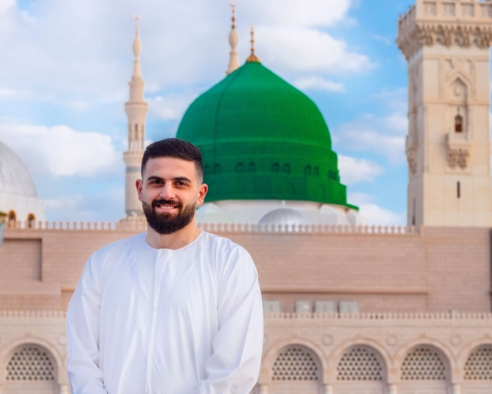Eid al-Adha, also known as the Feast of Sacrifice, is one of the two major holidays celebrated by Muslims around the world. It is a time for Muslims to come together and celebrate their faith, to give thanks to God for all of His blessings, and to show love and compassion to others.
Eid al-Adha, also known as the Feast of Sacrifice, is celebrated by Muslims around the world on the 10th day of Dhu al-Hijjah, the 12th and final month of the Islamic lunar calendar. The holiday commemorates the willingness of Ibrahim (Abraham) to sacrifice his son Ishmael as an act of obedience to God. According to the Quran, God intervened and provided a ram as a sacrifice in Ishmael’s place.
On Eid al-Adha, Muslims traditionally attend a special prayer service called the Eid al-Adha prayer. After the prayer, Muslims slaughter an animal, such as a sheep, goat, or cow, as a sacrifice.
Misconceptions About Eid al-Adha:
There are many misconceptions about Eid al-Adha that Muslim waste and eat the meat by themselves but this is completely wrong. There are many principles you have to follow during performing qurbani. Firstly you have take care of the animal so feel attachment to it and when you sacrifice it you understand that nothing in this world is permanent and also you have perform qurbani very quickly so the animals do not feel much pain.

Where does the meat go?
The meat from the sacrifice is then divided into three parts: one part is given to the poor who cannot afford to eat meat also so they can be a part of this amazing festival , one part is given to relatives and friends specially those who cannot afford to do qurbani, and one part is kept for our own family.
Eid al-Adha is a time for feasting, socialising, and giving gifts. It is a time for Muslims to come together and celebrate their faith and their community.
The History of Eid al-Adha
The history of Eid al-Adha dates back to the time of Ibrahim (Abraham). Ibrahim was a man of great faith and obedience to God. One day, God commanded Ibrahim to sacrifice his son Ishmael. Ibrahim was willing to obey God’s command, even though it meant sacrificing his own son.
Ibrahim and Ishmael went to Mount Moriah, where they prepared to sacrifice Ishmael. Just as Ibrahim was about to kill his son, God intervened and provided a ram as a sacrifice in Ishmael’s place.
This event is a reminder of Ibrahim’s great faith and obedience to God. It is also a reminder of God’s mercy and compassion.
The Traditions of Eid al-Adha
There are many traditions associated with Eid al-Adha, including:
Eid al-Adha prayers:
The first thing that Muslims do on Eid al-Adha is to attend a special prayer service called the Eid al-Adha prayer. This prayer is usually held in a large open space, such as a park or a field.
Sacrifice:
One of the most important traditions of Eid al-Adha is the sacrifice of an animal. This sacrifice is a reminder of the willingness of Ibrahim (Abraham) to sacrifice his son Ishmael as an act of obedience to God. The meat from the sacrifice is then divided into three parts: one part is given to the poor, one part is given to relatives and friends, and one part is kept for the family.
Family gatherings:
On this blessed day families come together and celebrate. Muslims often spend the day visiting with family and friends, eating traditional foods, and exchanging gifts. They even enjoy different type of meat dishes and desserts made from milk.
Eidi
Eidi is another important tradition of Eid. Muslims often give gifts to their children, parents, relatives, and friends.
Giving to poor people:
The People who can afford to do qurbani give one third of the total meat to the poor. They do it so the poor can also feel part of this eid and celebrate it on being a Muslim and have good meals for a few days.
The Significance of Eid al-Adha
Eid al-Adha is a significant holiday for Muslims all over the world.It is also a time for Muslims to come together and reaffirm their faith in God.
Eid al-Adha is a reminder of God’s mercy and compassion. It is also a reminder of the importance of faith, obedience, and sacrifice.
I hope this blog has helped you to learn more about Eid al-Adha. I understand that there are many more topics to cover in this blog but you can ask it in the comments and i will try to answer as clear as possible.
Eid Mubarak in Advance!
Read More Amazing Blogs like these –> LINK
If you wanna read informative blogs –> LINK
If you wanna read health blogs –> LINK




Add a Comment